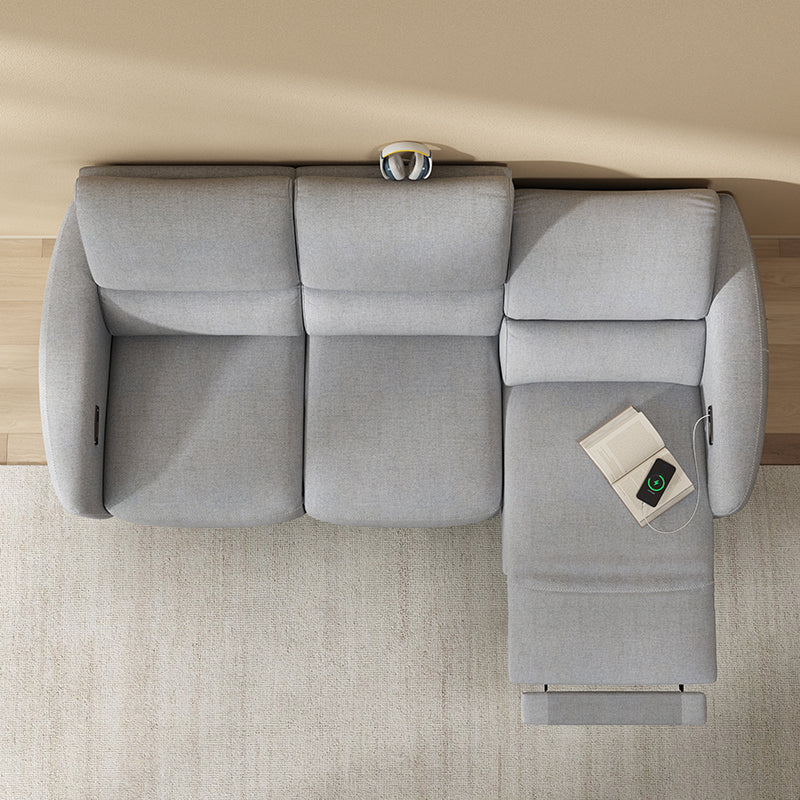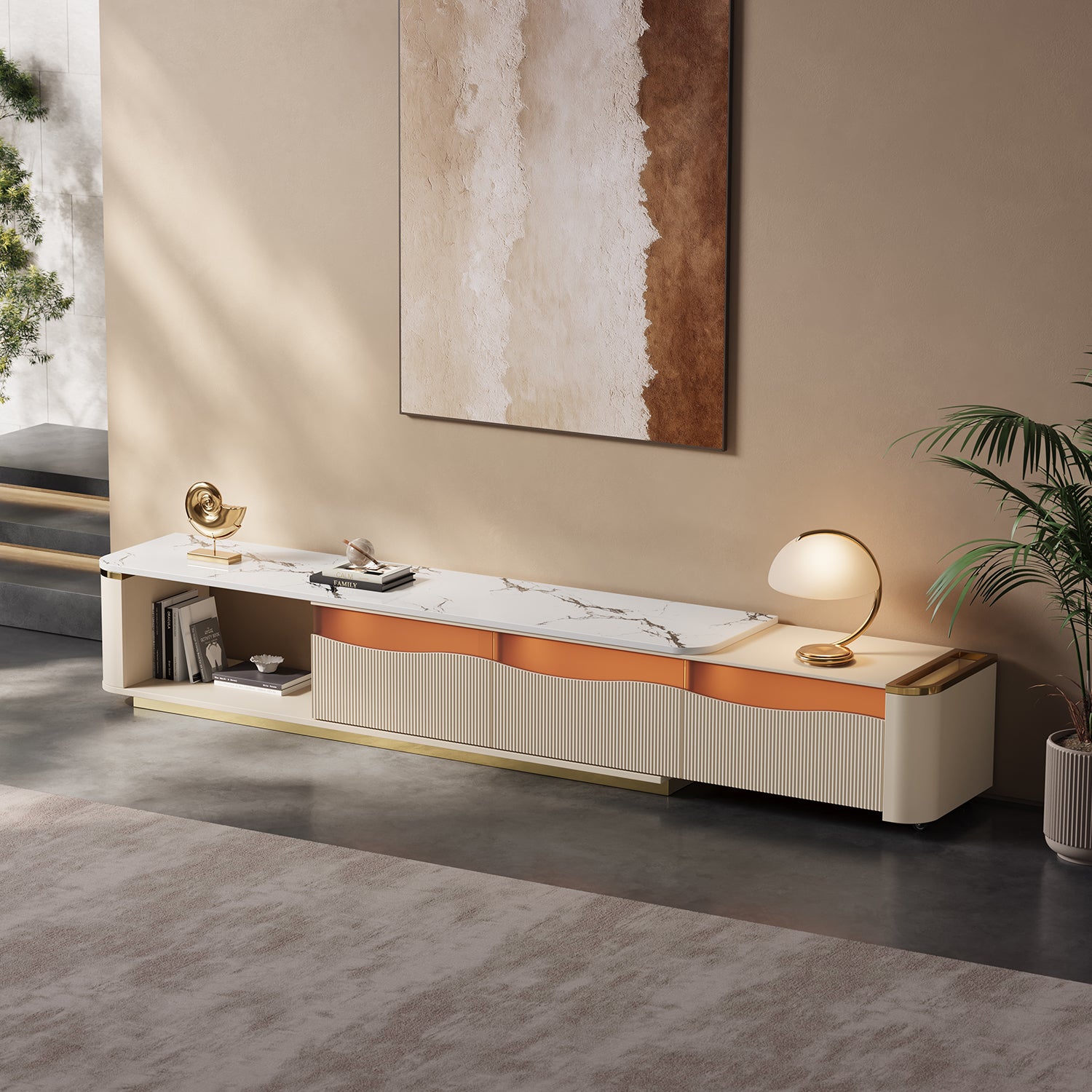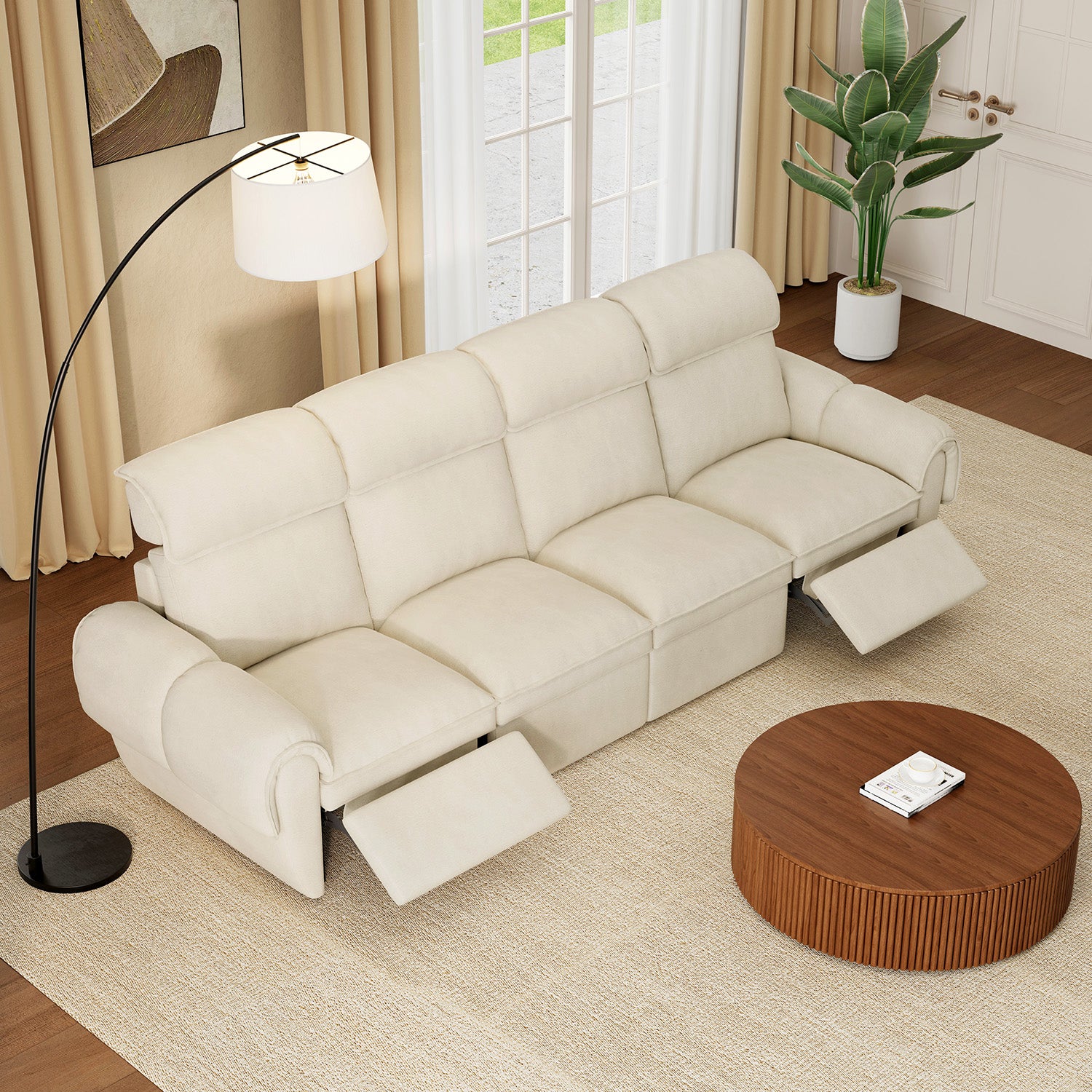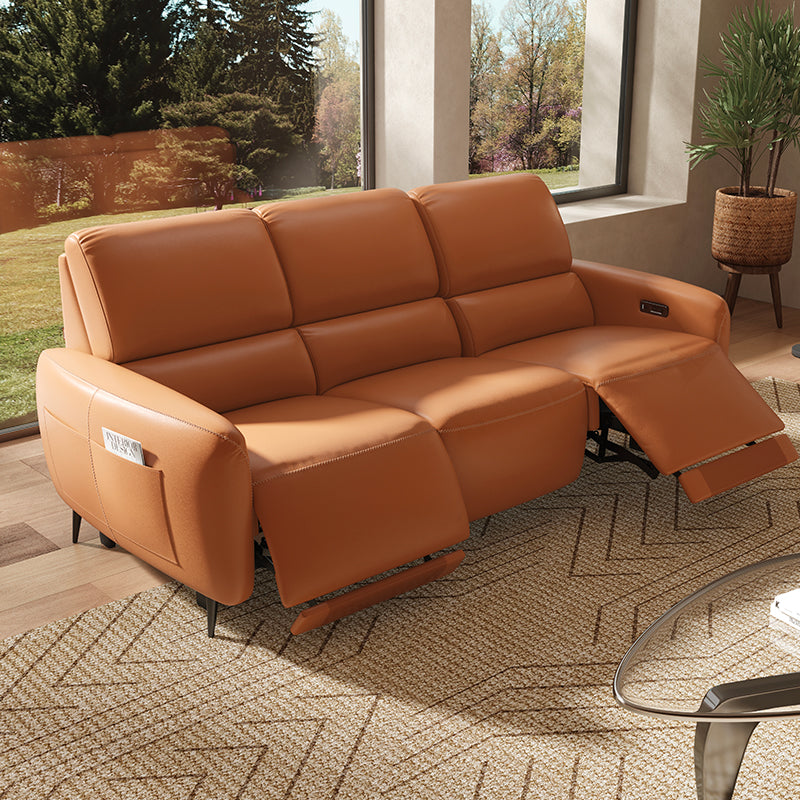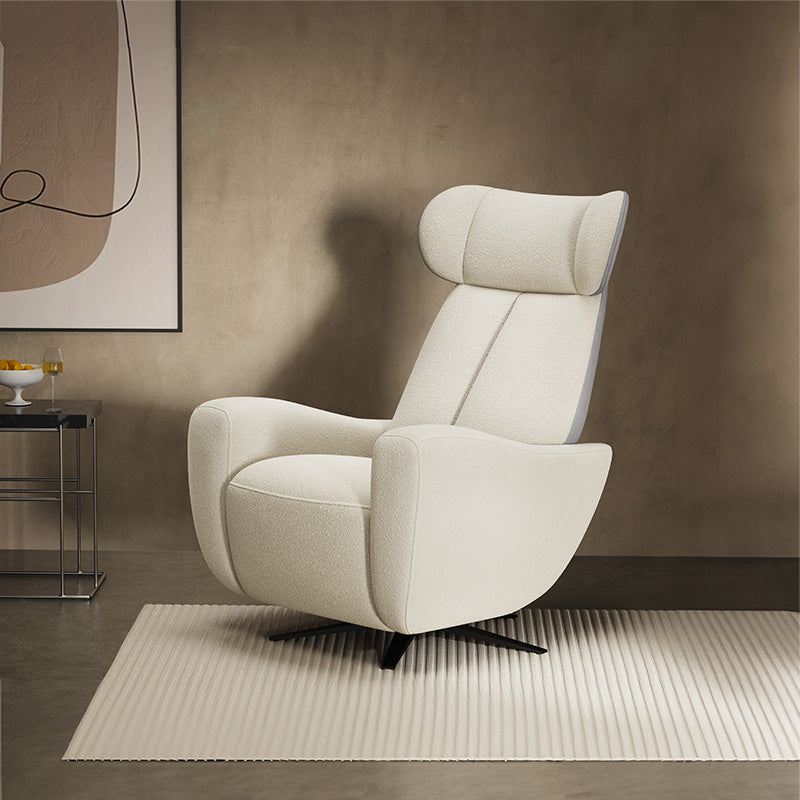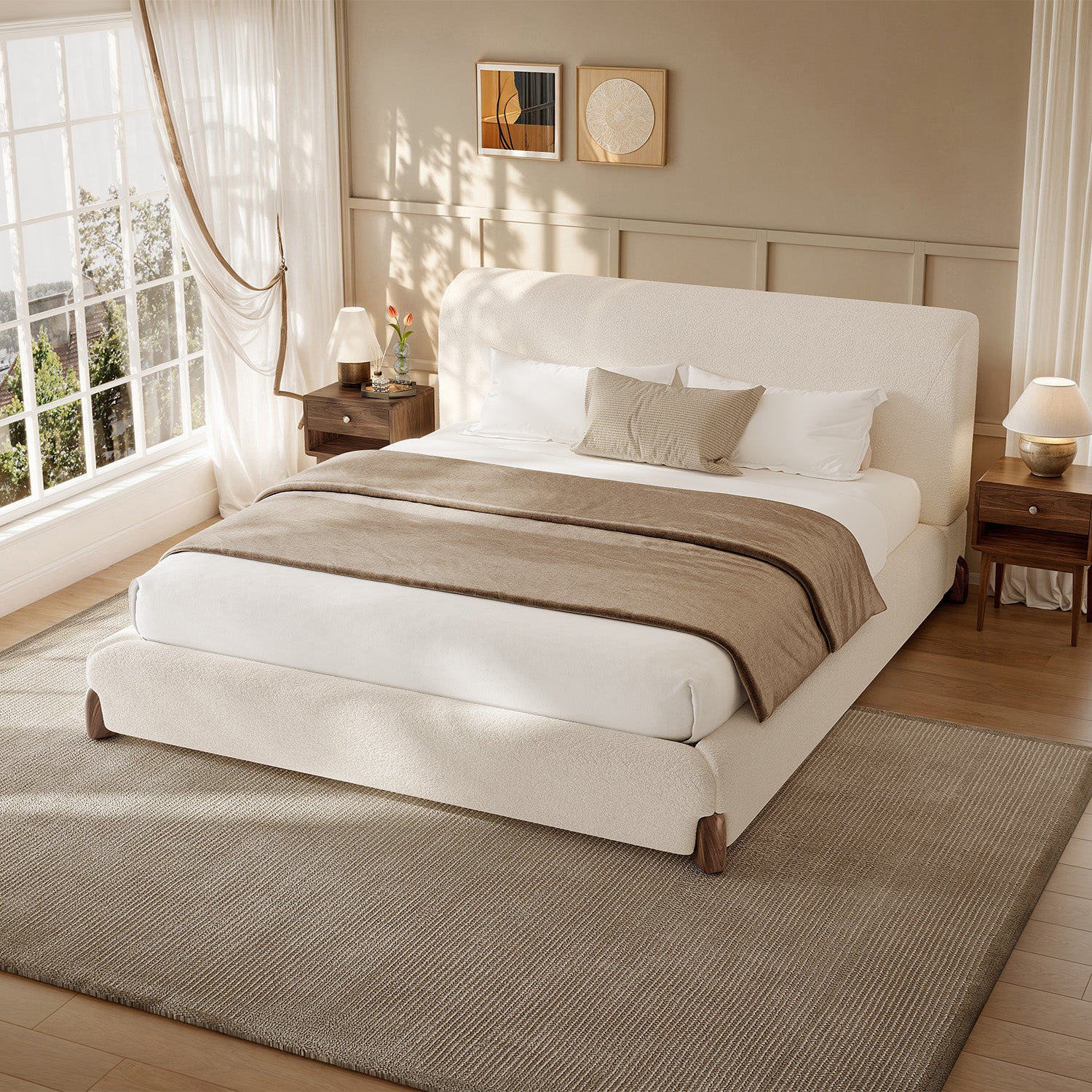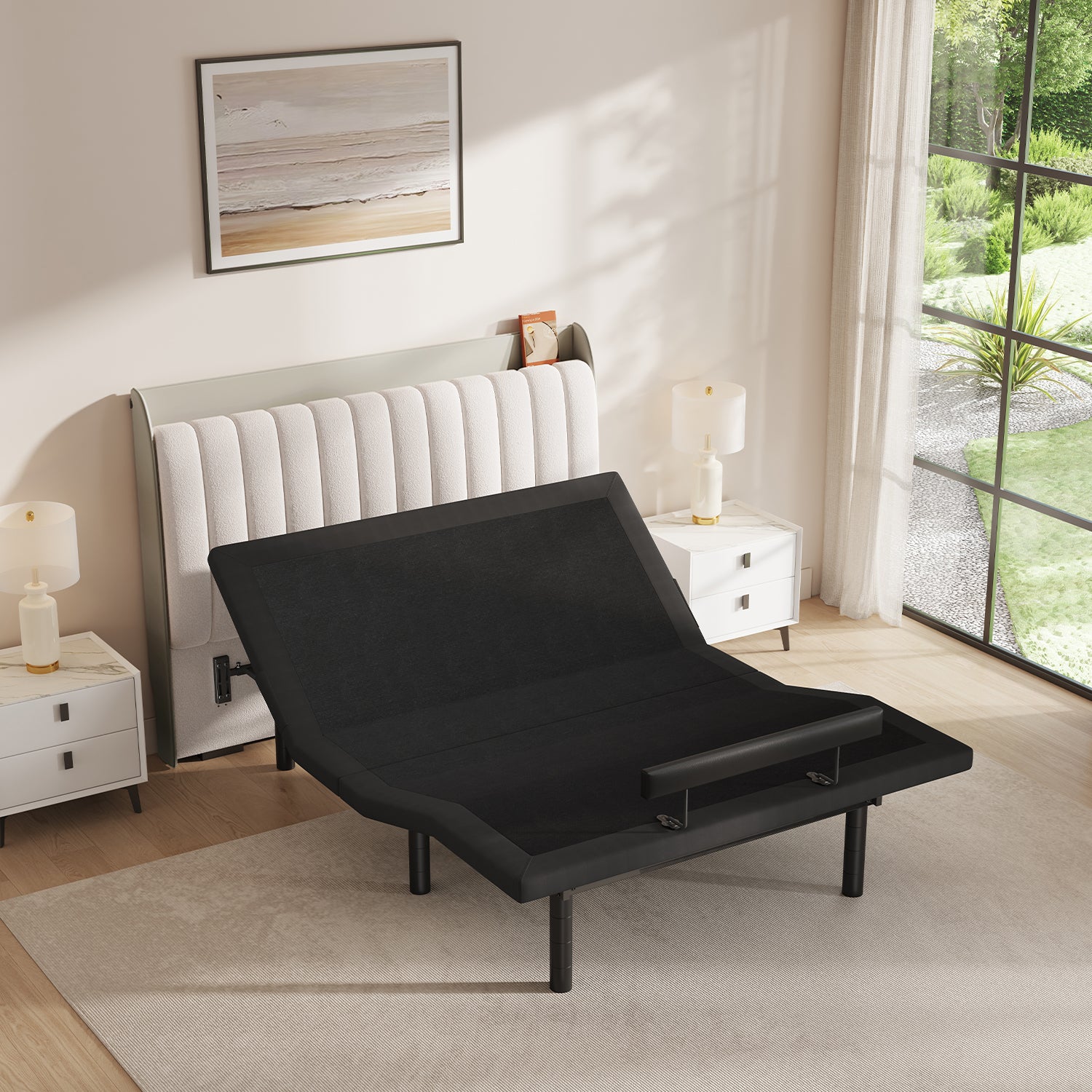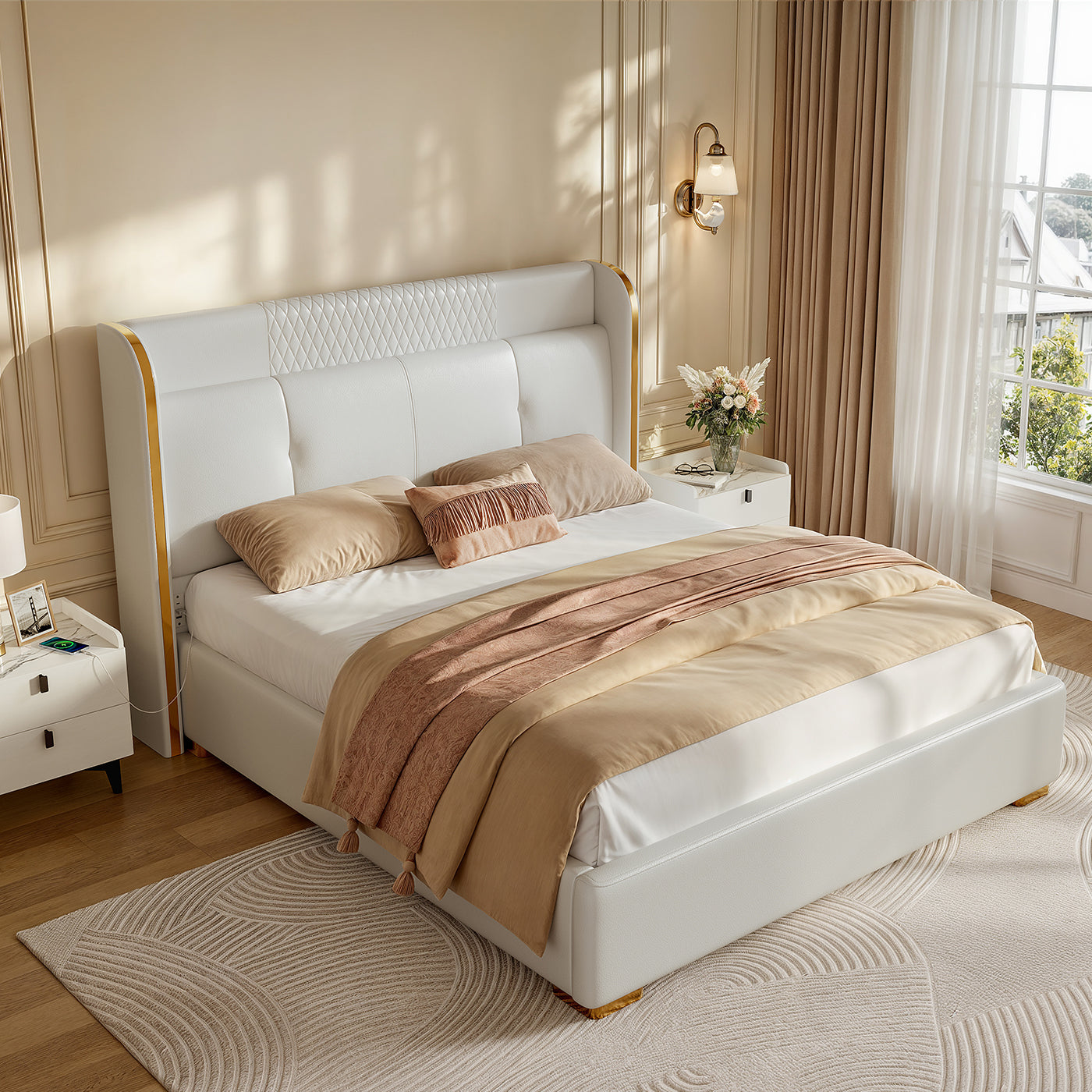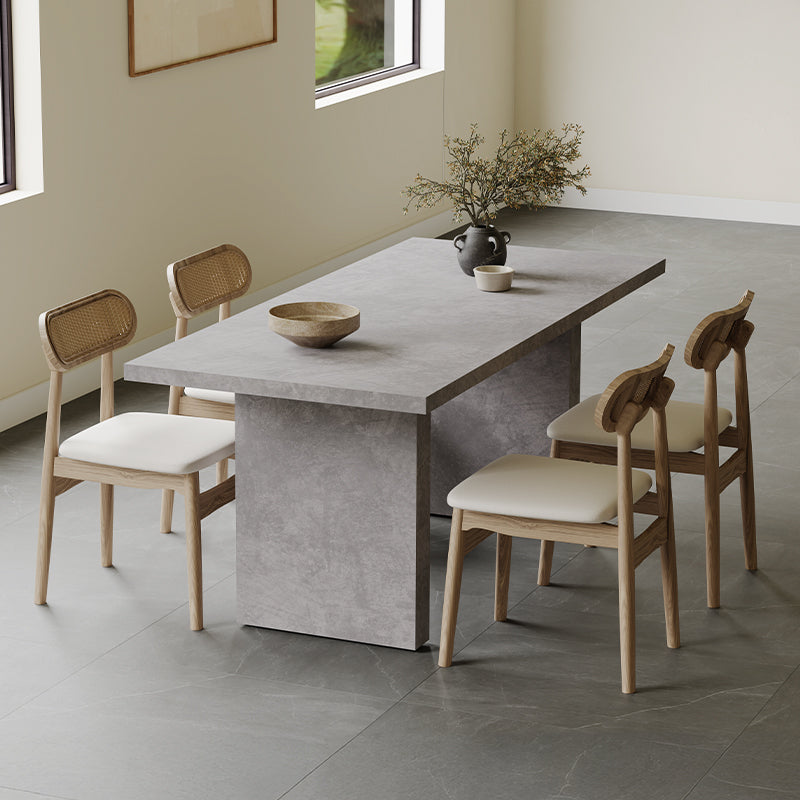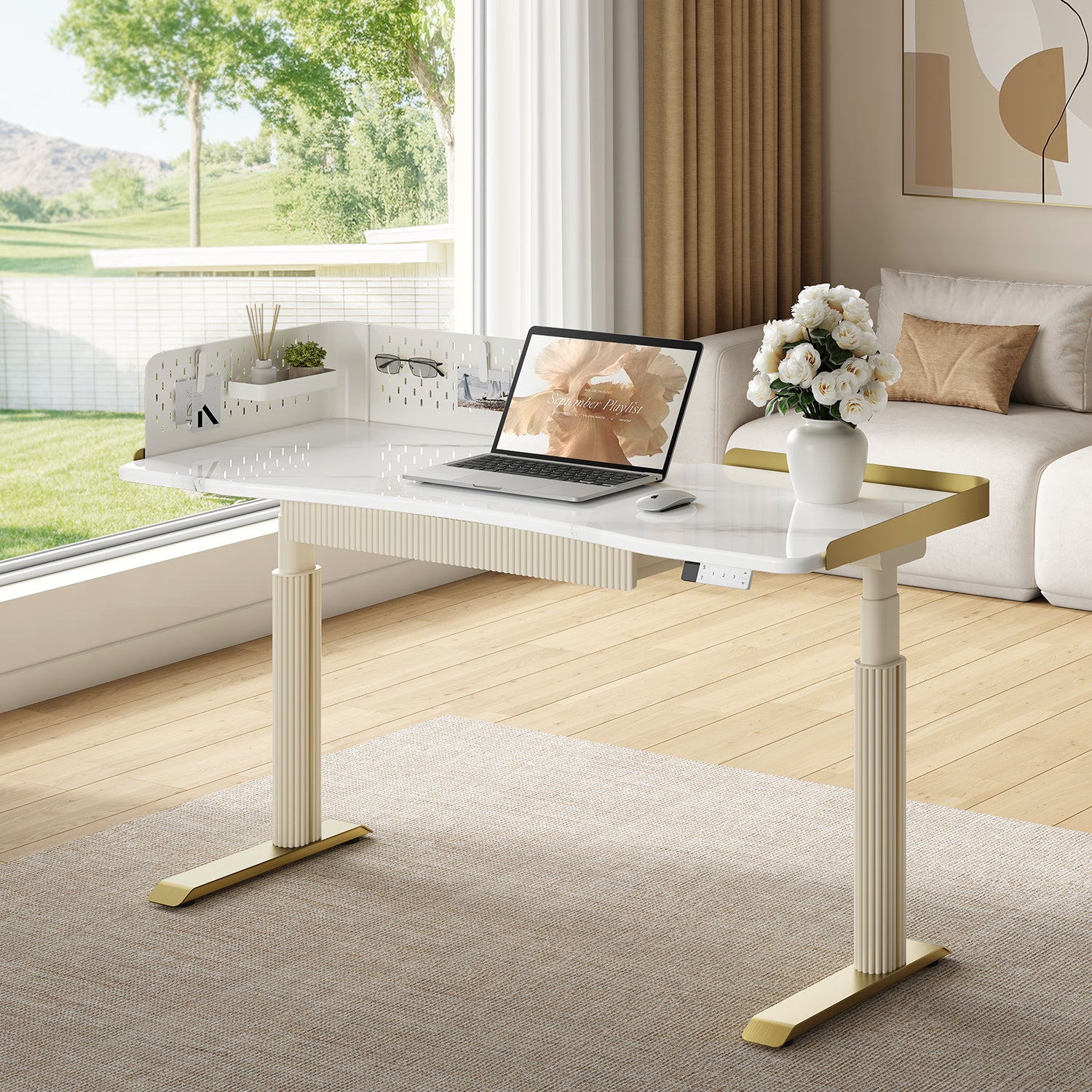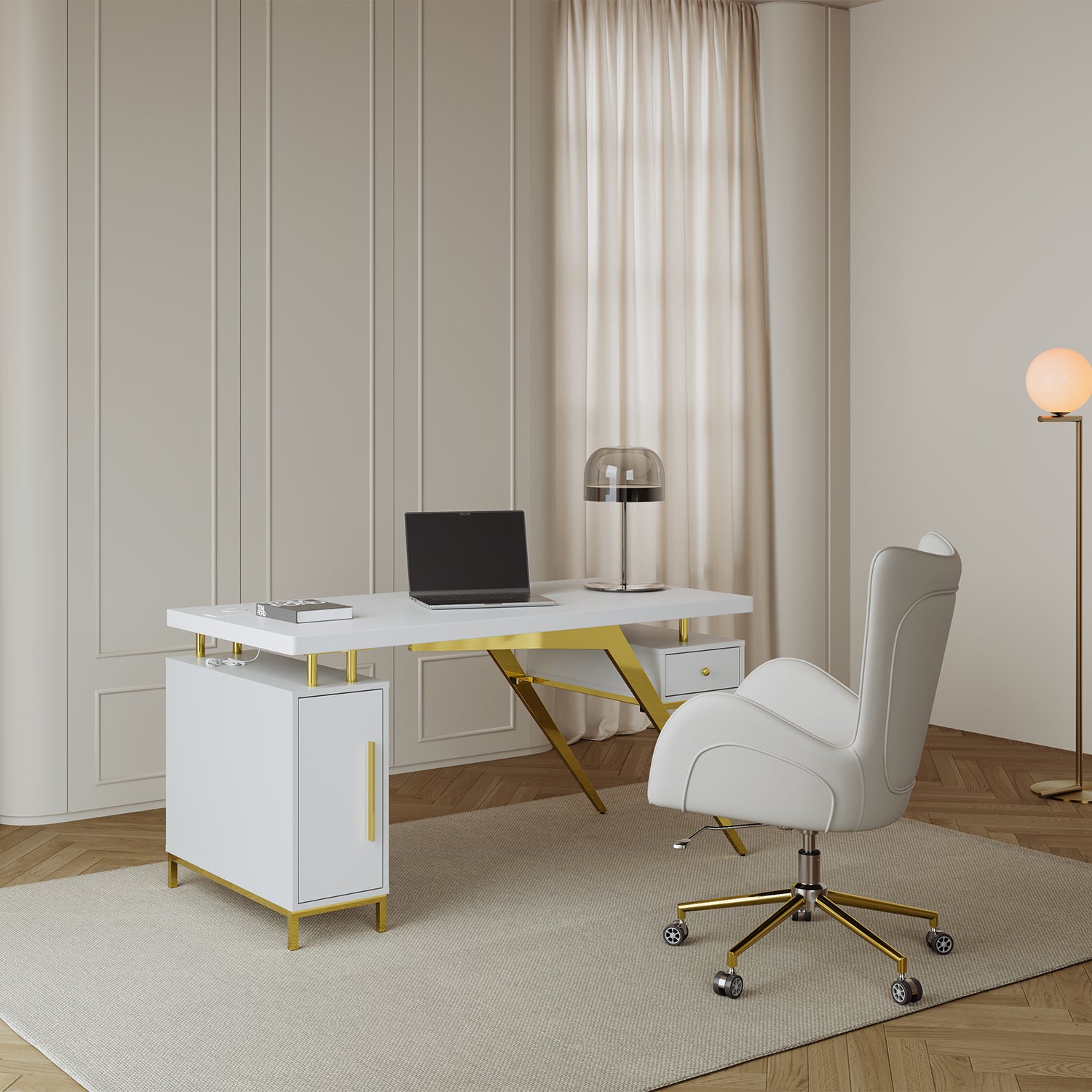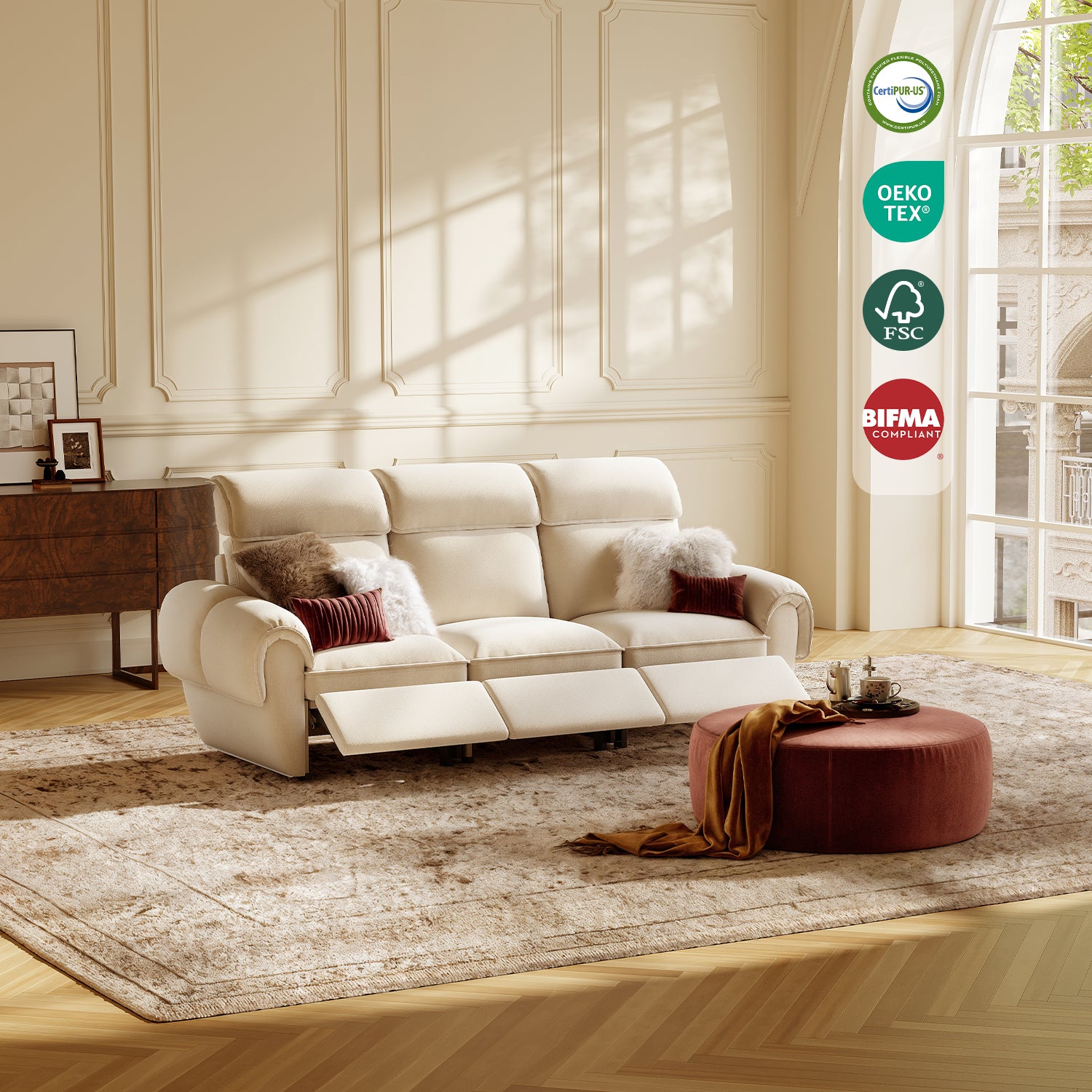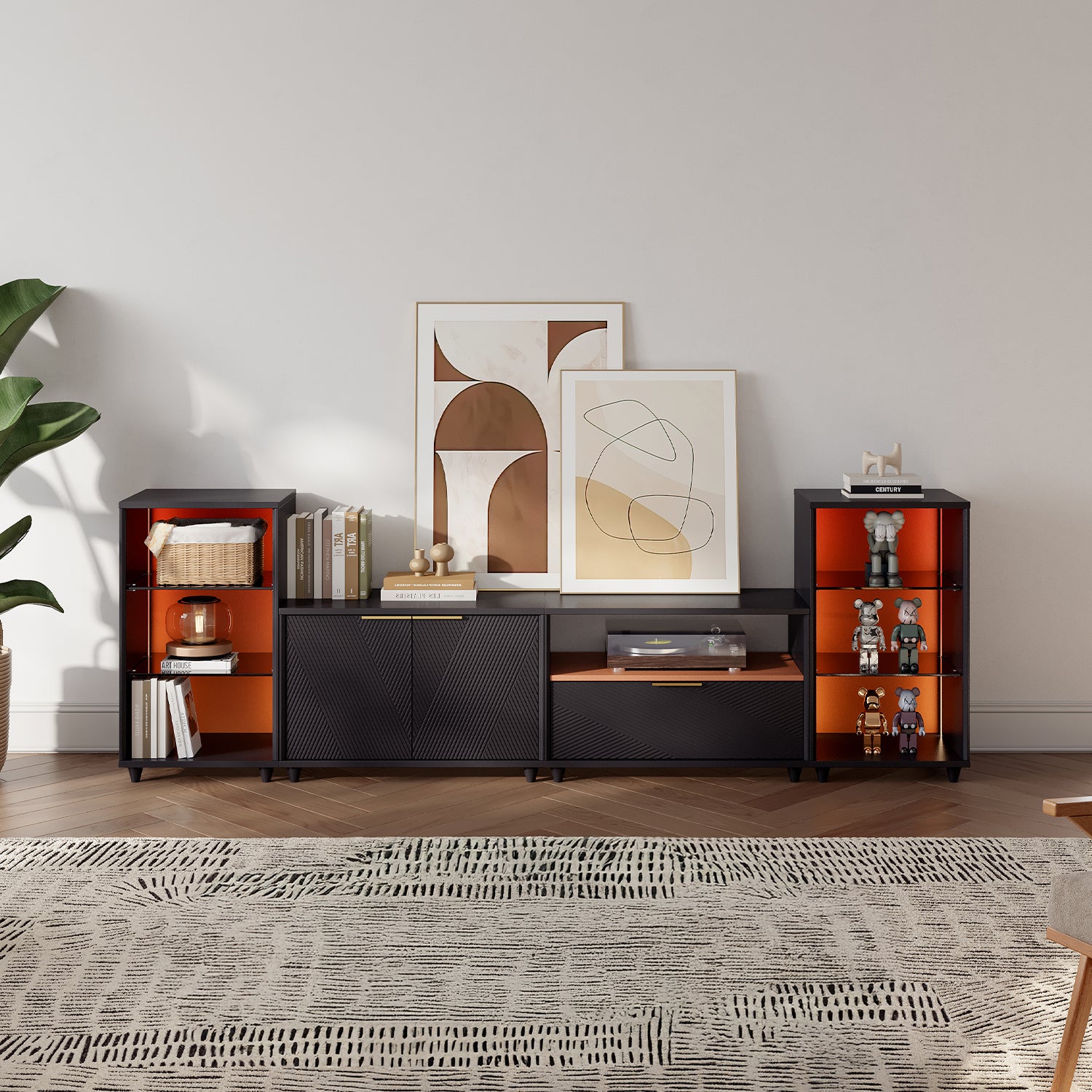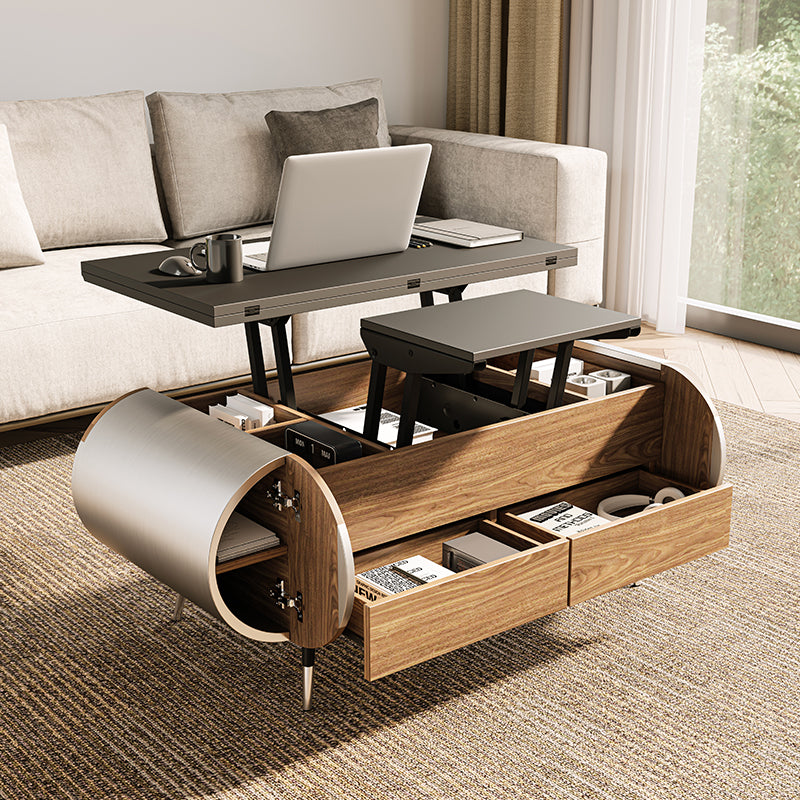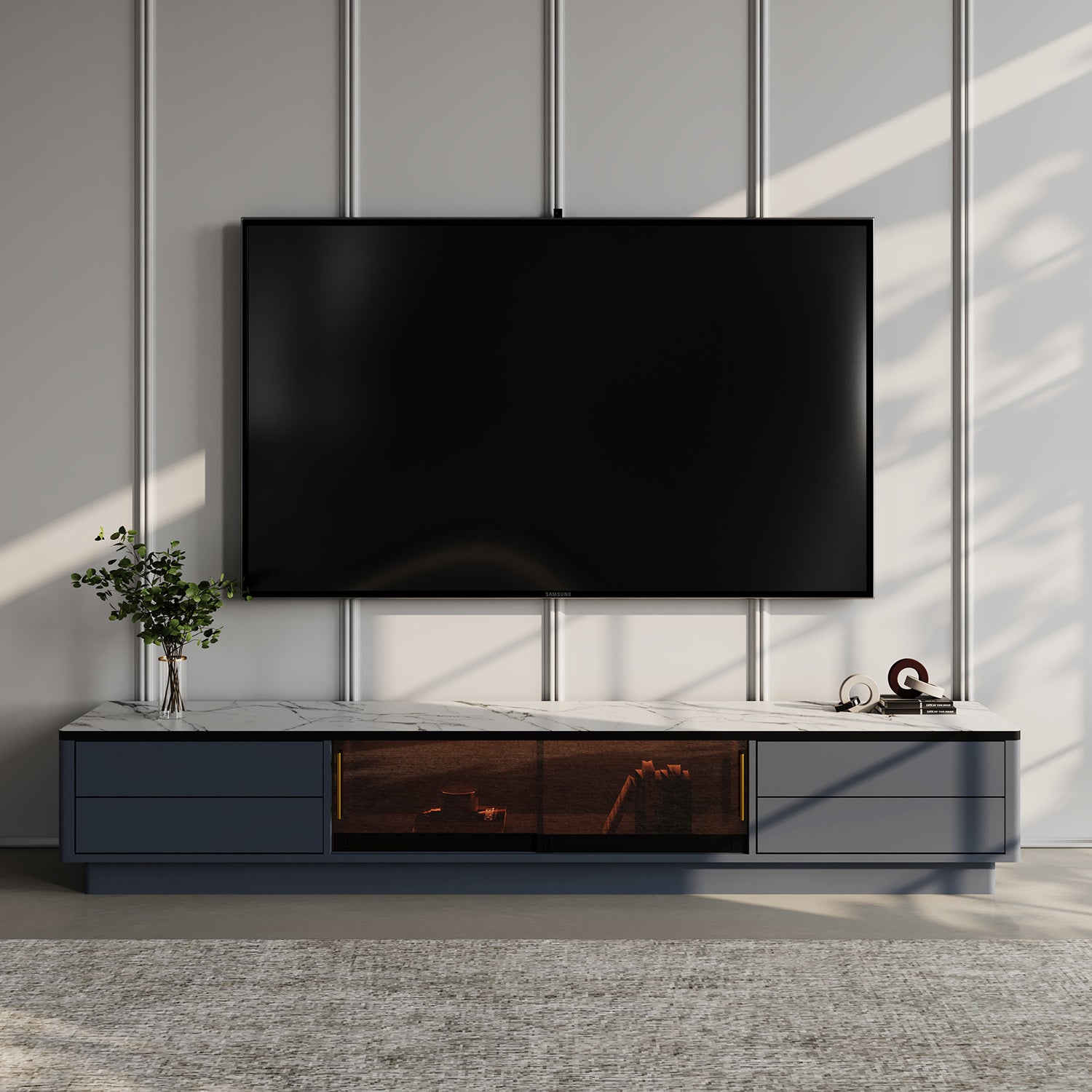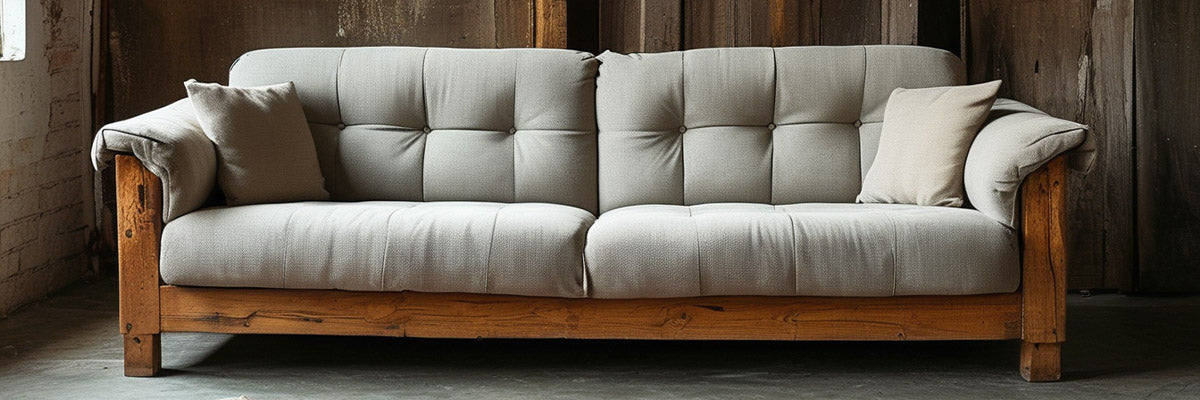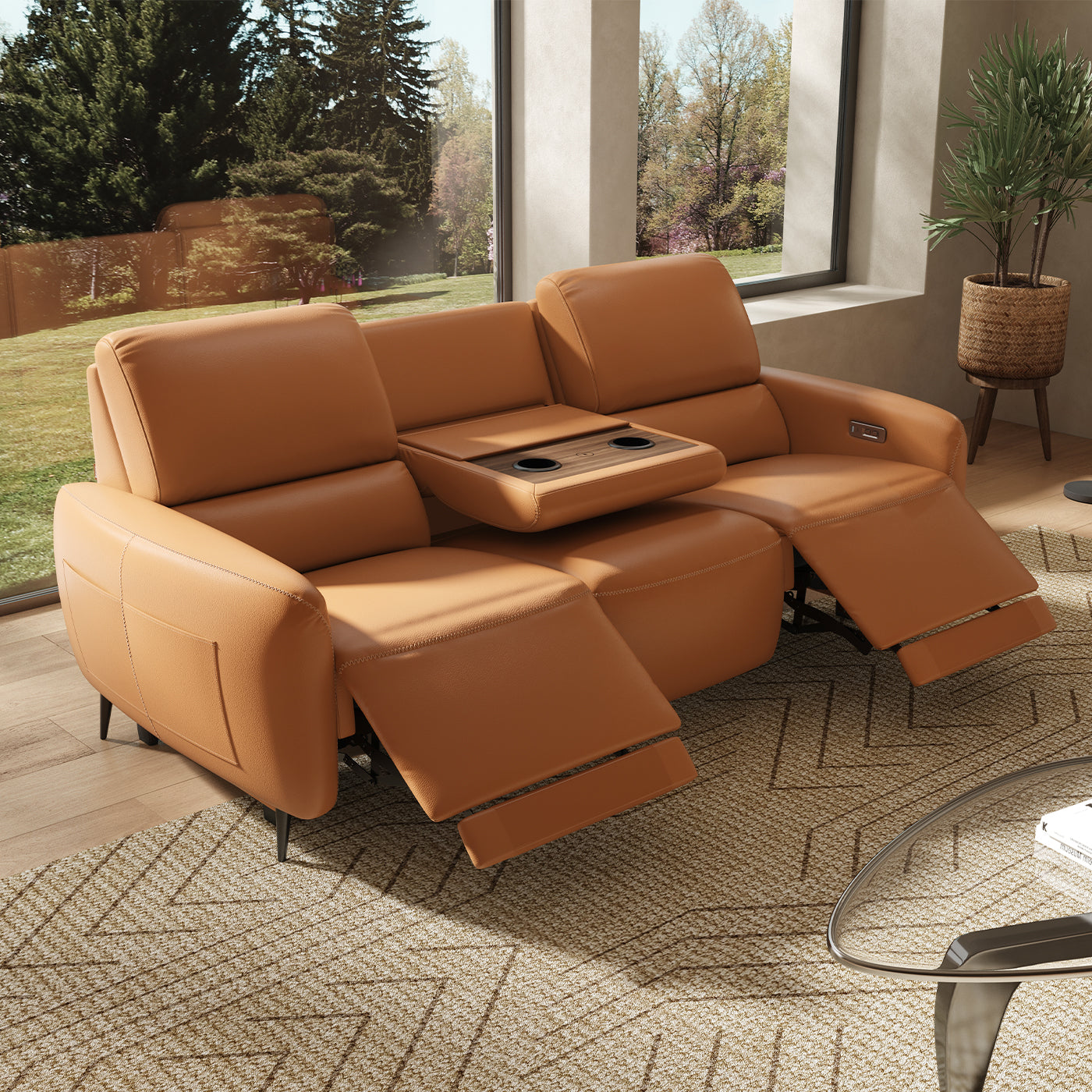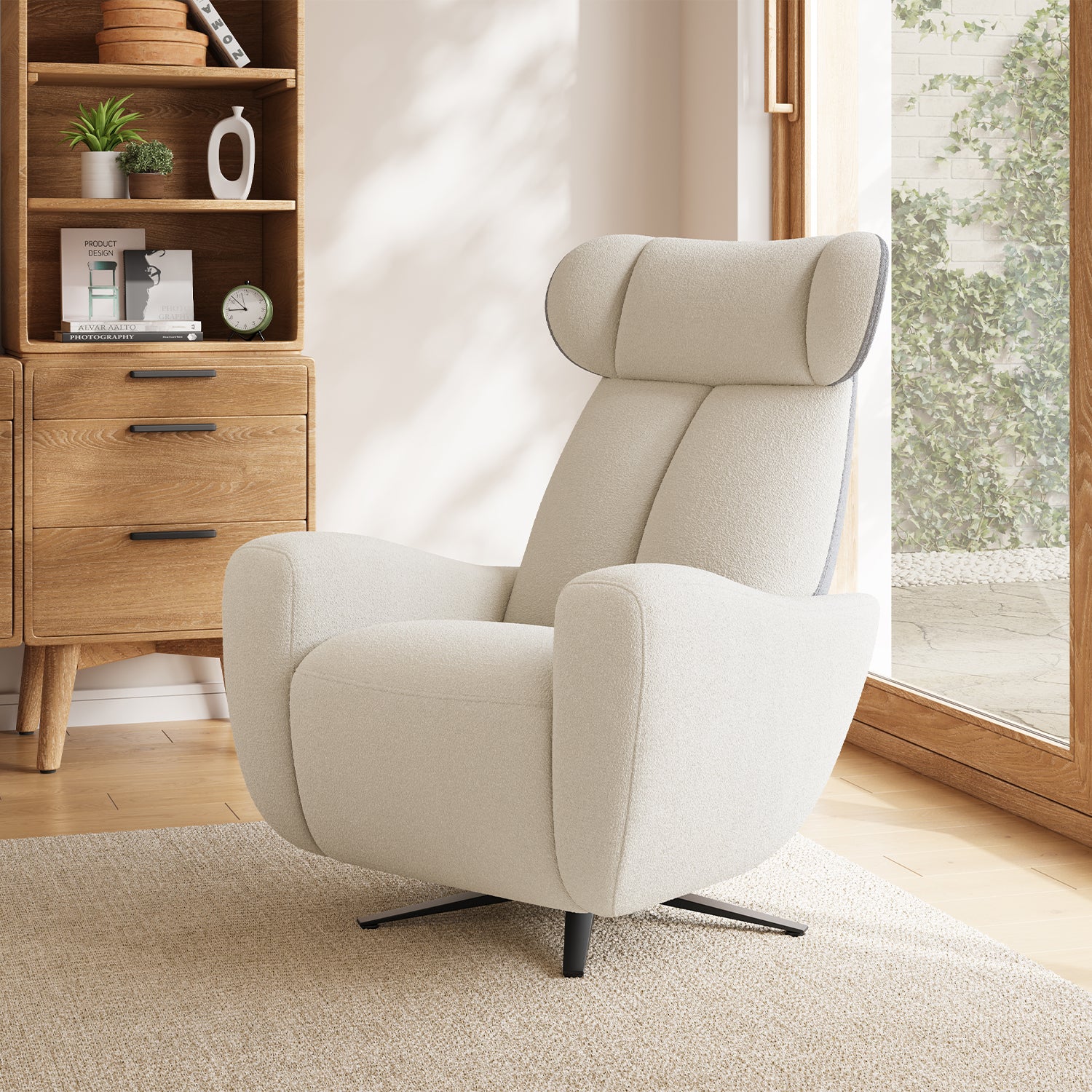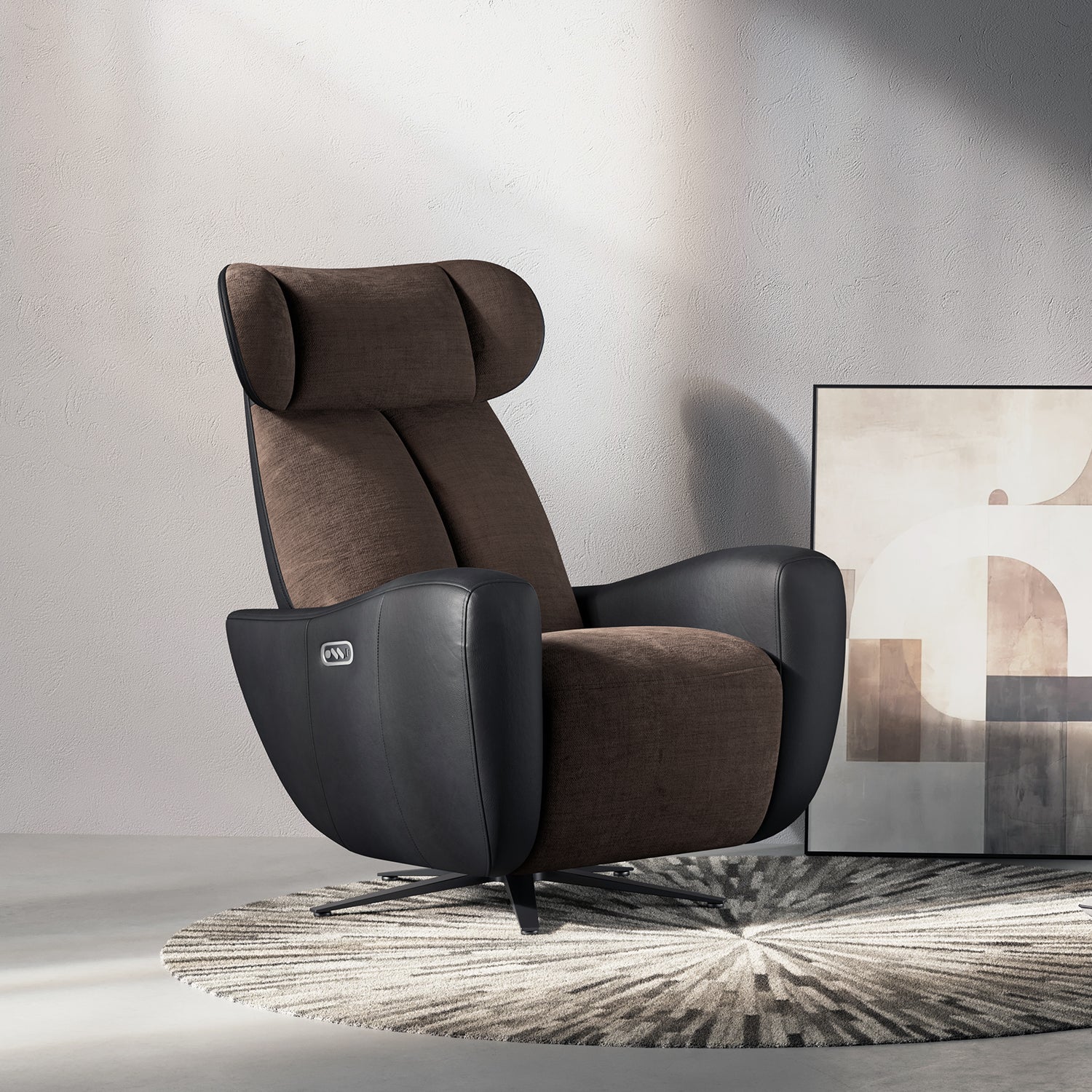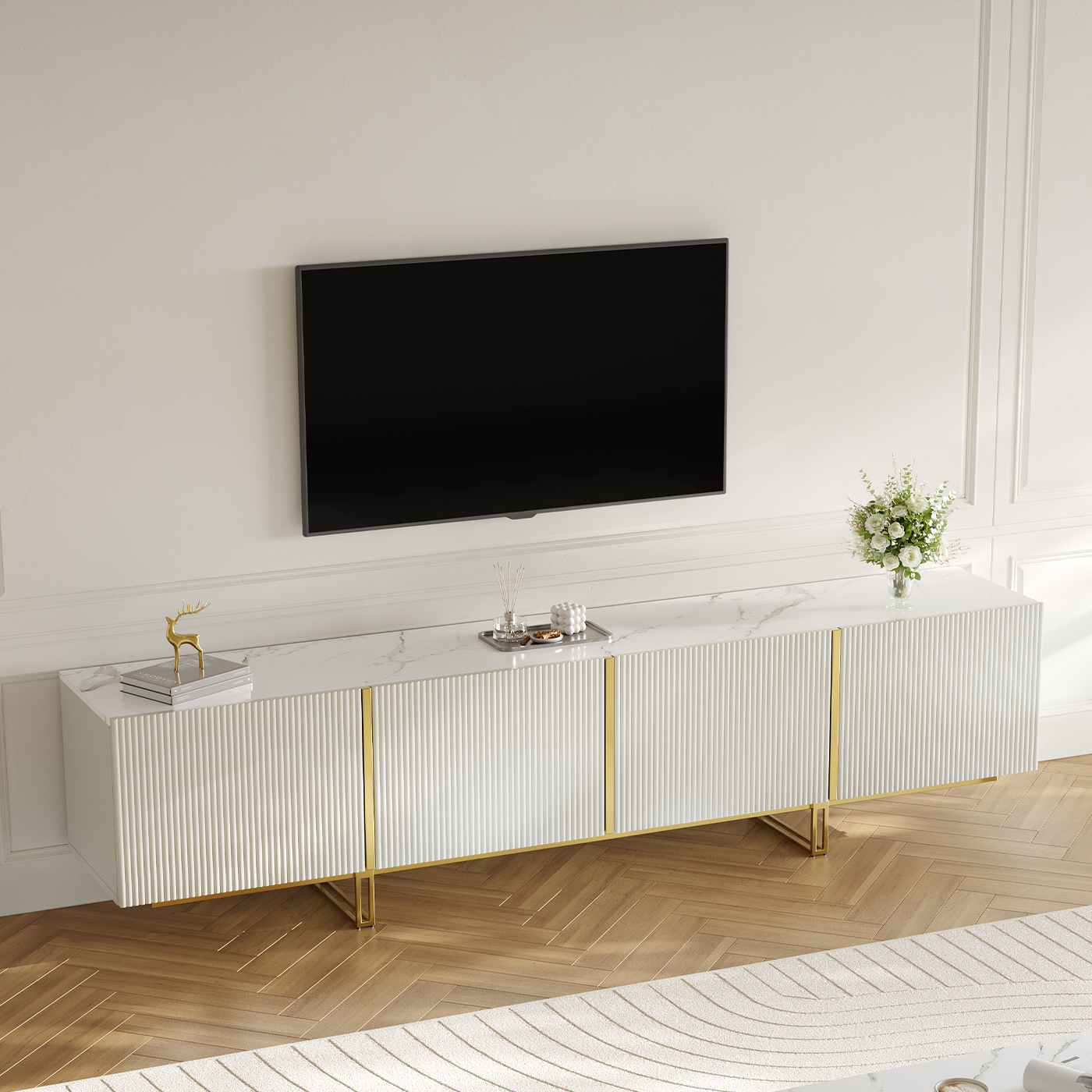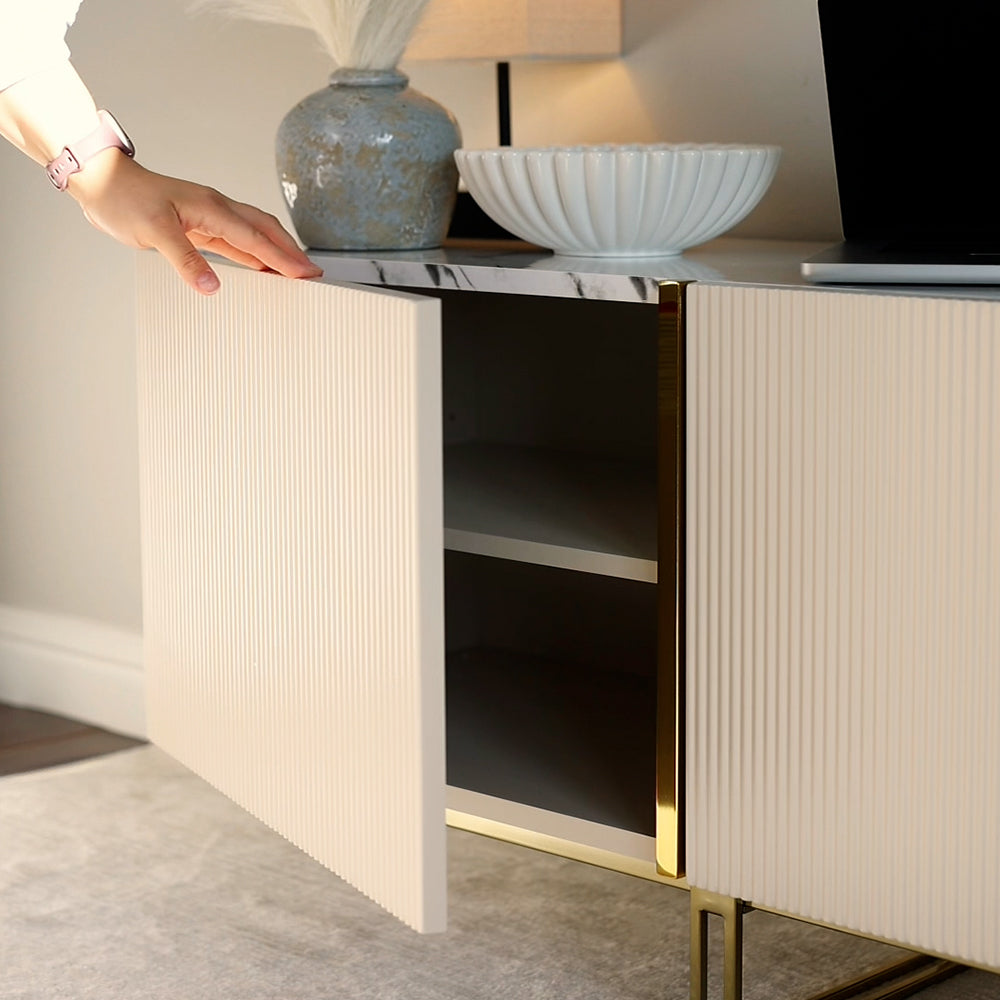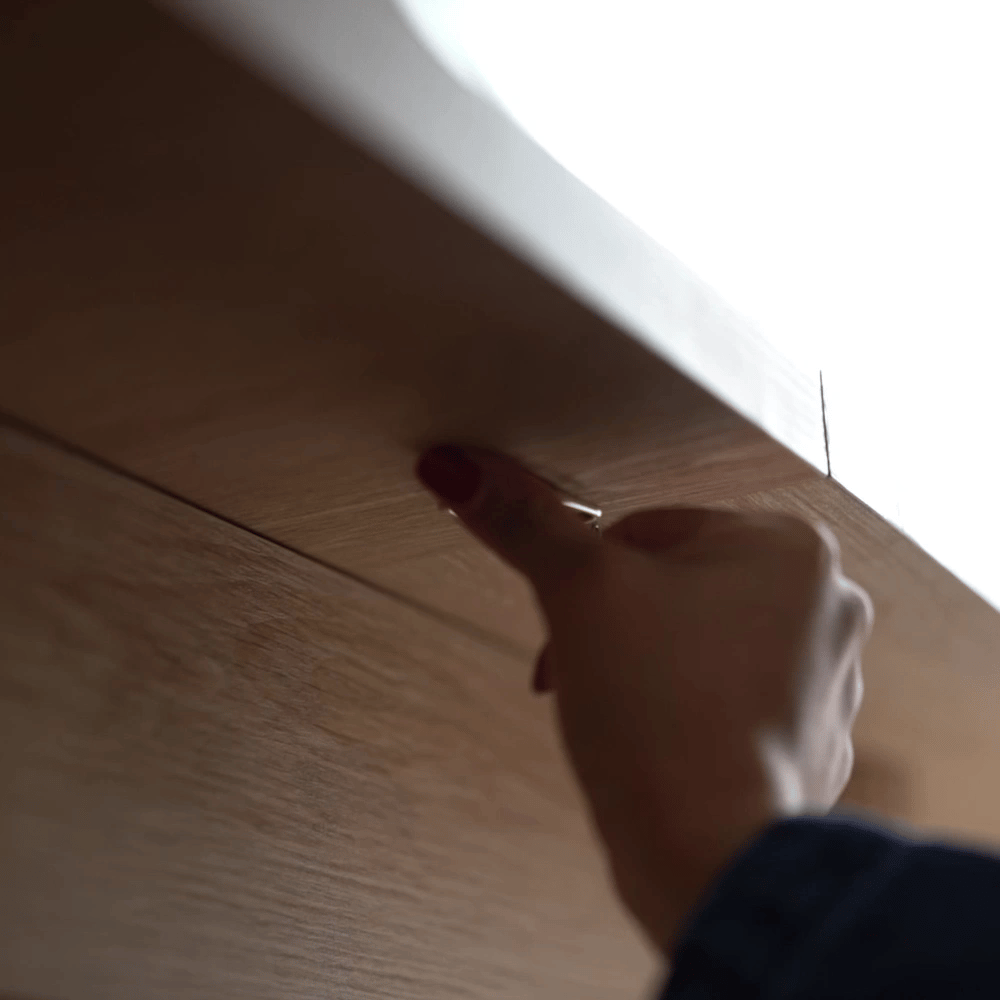When choosing a couch, one of the biggest considerations—beyond aesthetics and color—is comfort and support. A common question that arises is whether a firm couch is better for your back than a soft one. For those who experience back pain or are simply looking for ways to prevent it, the support level of a couch can make a significant difference. This article explores whether a firm couch might offer more benefits for your back than a softer one, taking into account health, posture, and personal comfort.
Table of Content
The Link Between Couch Firmness and Back Health

Back health is influenced by various factors, including posture, body mechanics, and the supportiveness of your furniture. A firm couch typically provides more stability, encouraging a healthier spinal alignment. Meanwhile, a soft couch may seem comfortable at first but can sometimes lead to sinking, which could strain muscles and misalign the spine over extended periods.
1. Spinal Support:
A firm couch provides consistent support for the spine. When sitting on a firm surface, your body doesn’t sink in as much, which keeps your spine in a more natural, upright alignment. By providing a stable base, a firm couch reduces the strain on the lower back, shoulders, and neck.
2. Posture:
Maintaining good posture is essential for avoiding back pain. A firm couch can help by keeping your hips, shoulders, and spine aligned. Softer couches, however, allow for slumping or slouching, which can place pressure on the lower spine and cause discomfort over time.
Pros of a Firm Couch for Back Support
Opting for a firm couch has some clear benefits, especially when it comes to supporting your back.
1. Prevents Slumping:
One of the key benefits of a firm couch is that it prevents you from sinking into it. This allows for better spinal alignment and reduces the tendency to slouch, which is often a primary cause of back pain.
2. Improves Blood Circulation:
Sitting on a firmer couch allows your body to distribute weight evenly, avoiding pressure points that could lead to numbness or poor circulation, especially in the legs and lower back.
3. Long-Lasting Support:
Firm cushions tend to hold their shape over time, providing consistent support as the couch ages. This contrasts with softer cushions, which can sag or compress over time, reducing support and potentially exacerbating back pain.
4. Promotes Active Sitting:
A firm couch encourages what is known as "active sitting." This is a posture where you sit upright with engaged core muscles, rather than relying on the couch’s structure to support you. Active sitting is beneficial for the back and core, helping to reduce strain on the spine and increase core strength over time.
When a Firm Couch Might Not Be Ideal
While firm couches are beneficial for many, they might not be the best choice for everyone. Here are a few scenarios where a firm couch may not suit certain needs:
1. Joint Sensitivity:
Some people find a firm couch uncomfortable due to joint pain or arthritis. The lack of cushioning can put pressure on sensitive joints, especially if you’re sitting for an extended period.
2. Personal Comfort Preferences:
Comfort is subjective, and while a firm couch can support posture, it might not be as relaxing or cozy as a softer couch for lounging or casual sitting.
3. Short Sitting Periods:
If you’re only sitting for short periods, the back benefits of a firm couch might not be as significant. However, if you’re sitting for long periods, the support of a firm couch could make a difference.
How to Choose the Right Firmness for Your Couch
When selecting a couch for back support, it’s important to assess both the firmness and the type of materials used in the construction. Here are some tips:
1. Test the Couch Before Buying:
Visit a furniture store and try out various couches to find a firmness level that feels comfortable but supportive. Sit with your feet flat on the floor and your back against the couch to see if it supports your spine adequately.
2. Look for High-Density Foam:
High-density foam cushions are often found in firm couches and provide durable support that resists sagging over time.
3. Check for Lumbar Support:
Some couches come with built-in lumbar support, which can be a great option for those with lower back pain. Additional pillows or cushions can also provide targeted support for the lumbar region.
4. Consider Adjustable Options:
Sectionals or modular sofas often allow for greater versatility. Look for pieces that can be arranged to suit your comfort and support needs, including firmer backrests and armrests for added stability.
Making a Firm Couch More Comfortable

If you’ve chosen a firm couch but want to make it a bit more comfortable, you can try a few simple adjustments:
1. Add Cushions:
Adding cushions or lumbar pillows can provide extra support and comfort. Opt for cushions that are not too soft to maintain the back-friendly benefits of your couch.
2. Use a Throw Blanket for Softness:
Adding a plush throw blanket can soften the feel of the couch without compromising the support it offers. Fold the blanket and place it on the seat or backrest for an extra layer of comfort.
3. Reclining Options:
Some firm couches come with reclining capabilities. If you enjoy a slightly more relaxed seating position without compromising on support, a reclining feature can offer the best of both worlds.
Top Couches for Back Support
Here are a few recommended couch types and brands that are known for their back-supportive firmness and quality:
- 1. Serta Copenhagen Sofa: Known for its durable design, this firm couch is an affordable option for those seeking comfort and back support.
- 2. Ikea FÄRLÖV Sofa: This couch offers firm seating with a classic design and deep cushions. It’s made with supportive foam that maintains shape and provides excellent support.
- 3. La-Z-Boy Reclining Sofas: For those looking for a firmer feel but with the option to recline, La-Z-Boy offers a range of reclining sofas with adjustable positions that support various back needs.
- 4. West Elm Andes Sofa: With a minimalist look and firm cushioning, the Andes sofa by West Elm offers high-density foam support and durability.
Conclusion
Whether or not a firm couch is better for your back depends largely on your personal preferences and specific back needs. For most people, a firm couch does provide better support and promotes healthier posture, which can help reduce or prevent back pain. If you’re someone who values a stable, supportive seat that doesn’t sink, a firm couch is likely the better choice for your back.
However, remember that finding the ideal couch firmness also involves considering factors like joint comfort, how long you’ll be sitting, and personal preferences. If you
If you want to buy our home furniture or couch for living room, you can check out more on our store

